One in Three: Teen Dating Violence and Michelle Carter – a guest post by author Heather Demetrios
Today we are honored to have Bad Romance author Heather Demetrios with us to talk about teen dating violence. She shares her experiences and thoughts regarding this serious issue and her recent release, Bad Romance.
As a young adult author, I think a lot about what it feels like to be young and in love. It’s my job to figure out what makes a teen tick, what concerns them and influences them, what keeps them up at night. I often have to delve into my own past to do this with accuracy, mining my own adolescent struggles in order to articulate the teen experience with authenticity and compassion. Michelle Carter’s trial and recent sentencing to serve fifteen months in jail for her involvement in her boyfriend, Conrad Roy’s suicide has forced me to go back, once again, to the abusive relationship I was in during high school, one that led me to contemplate suicide myself and ultimately led me to write my most recent YA novel, Bad Romance (Macmillan / Holt June 2017). Like Conrad Roy, I wavered, undecided: I’d go so far as to grab a knife and hold it in my hand and wonder: how much will it hurt? Obviously I never went through with it, but, unlike Conrad, I had people in my life begging me not to kill myself, rather than a significant other encouraging me to go through with it. My significant other was the reason I wanted to end my life, and, in this, Conrad Roy and I are kin: we were teenagers whose partners held incredible sway over our very lives simply through their words: manipulative and cruel comments, suggestions, and demands that were hypnotic in their power to move us toward self harm.
ADVERTISEMENT
ADVERTISEMENT
Michelle Carter’s trial ended in a landmark ruling of manslaughter, one with far-reaching legal implications that lawmakers are, at present, attempting to untangle and which will be further examined in the appeals process. Her sentencing underscores what many people believe to be true: even if you didn’t pull the trigger (so to speak), your hand can still be on the gun. Regardless of whether or not Michelle Carter’s sentence was fair or if she should have even been on trial in the first places, there is this to contend with: teenager is dead in part because of his abusive girlfriend. This came as no surprise to me and, I doubt, to the thousands of people who have been, or are currently in, abusive relationships, physical or otherwise. And yet the larger problem of abuse hasn’t been the focus of this conversation. The controversial nature of the trial and sentencing has eclipsed what this tragedy is about: teen dating violence.
I want you to keep this number in mind: three. According to Love is Respect, a non-profit working to help teens in abusive relationships, Teen Dating Violence affects one in three teens in the United States. TDV isn’t limited to physical and sexual abuse—it includes emotional and verbal abuse which, as we’ve seen in the case of Michelle Carter and Conrad Roy, can be just as damaging as wounds that leave marks. The texts and phone calls between Ms. Roy and her boyfriend are a chilling example of the power young people are able to exert over one another and the vulnerability of teens in these abusive relationships. When Roy turned to his girlfriend, admitting his suicidal thoughts just a day before he was found dead, this is one of the conversations through text he and Carter had, as transcribed by the Wasshington Post:
Carter: So I guess you aren’t gonna do it then, all that for nothing…I’m just confused like you were so ready and determined.
Roy: I am gonna eventually. I really don’t know what I’m waiting for…but I have everything lined up.
Carter: No you’re not, Conrad. Last night was it. You keep pushing it off and you say you’ll do it but u never do. Its always gonna be that way if u don’t take action. You’re just making it harder on yourself by pushing it off, you just have to do it. If u don’t do it now you’re never gonna do it.
This is textbook abuse here. Carter’s employing manipulation, exploiting her boyfriend’s weakness while masquerading in the guise of an encouraging supporter in order to get him to do something she wants. This is just one of many disturbing interactions between the couple in which Carter establishes and maintains the unequal distribution of power between them. And it’s so easy. It takes seconds to send a text, to take part in ending a life with just a few words. This alone is reason to be more concerned than ever about teen dating violence. Technology gives abusers more access than ever to their partner. Intimate, dangerous conversations such as these can happen any time, anywhere. Social media gives jealous partners unlimited fuel for fire. Tracking apps allow boyfriends to see exactly where their girlfriends are at any given moment. The possibilities are endless.
To use the vernacular of my genre, being young and in love sucks. You’re a walking wound: all your insecurities and fears and hurts are on display and that vulnerability makes you a target if your boyfriend or girlfriend so desires. And because you’re young and haven’t yet figured out how to put on your armor each day, you often go into battle with nothing but your desire to be loved. To be seen. To matter. This can result in hellacious highs and lows that feel so life and death—and, as we’ve seen in the case of Michelle Carter and Conrad Roy, can often actually be life and death. Through pop psychology, we all now know that the whole “sticks and stones” mentality is retrograde: words can hurt, and they do. Since Bad Romance came out, I’ve had so many readers who have reached out to me about their bad romances—teens and adults alike. Whether I’m talking to librarians in Texas, the young publishing crowd in New York City, or teens at a school visit in Vermont, there will always be more than one woman in the group who says, Me too. Me too. There is always relief in these interactions, as though a window has been opened in a stuffy room. As though these women are finally giving themselves permission to admit what they’ve been through.
Jay Asher’s 13 Reasons Why has helped bring to light how many teens struggle with suicide, a conversation that needs to be had—and often. But we need to start talking about teen dating violence with the same gravity. Several organizations, such as Love is Respect, Day One, and Planned Parenthood, are trying to help teens through campaigns on Tumblr that aim to educate kids about what constitutes a healthy relationship and how to get help. Through the support and efforts of former Vice President Joe Biden, February is now Teen Dating Violence Awareness month. There are hotlines and online quizzes and free resources for teens—Day One even offers legal aid and in-person counseling to teens in the New City area. The efforts of countless teachers, social workers, and survivors is all in the hopes of changing that 1 in 3 number, to empower teens through education so that they know their rights, understand what is and isn’t healthy in a relationship, and to avoid tragedies like Conrad Roy’s suicide. What I think is particularly important to note in Roy’s experience is how the expected roles are reversed: here, the female is the abuser. For most people in abusive relationships, shame plays a huge role. In the age of Queen Bey and Nasty Women, no one wants to be seen as a doormat. This is even more so for teen boys in abusive relationships, who may find it very hard to admit that their girlfriends are abusing them, for fear of being seen weak or less masculine. The more we have these conversations in the open, the easier it will be for teens of any gender to get the help they need.
Though nothing “good” can come of what happened between Michelle Carter and Conrad Roy, the tragedy can be used as an opportunity to take a good, long look at the influx of teen dating violence and its far-reaching implications. I can’t help but think of my teen self: what would she have done if she’d heard about what Michelle Carter did? Would she have seen a bit of herself in Conrad Roy? I don’t think so. She would have needed to hear that teen dating violence isn’t just relegated to boyfriends who slap their girlfriends, or girlfriends who tell their boyfriends to kill themselves. She would have needed to see and hear, again and again, that jealousy and manipulation and control have no place in a healthy relationship. She would have needed teachers and parents and other adults who could recognize the signs of an abusive relationship and not just relegate that to teen drama. The stakes in young love are high and, yes, they can be life and death. And the sooner we respect the seriousness of teen relationships and validate the emotional pain teens are going through rather than grumbling about hormones, the sooner we can save the next Conrad Roy.
ADVERTISEMENT
ADVERTISEMENT
To that end, I’m offering free Skype sessions to teachers and librarians for their classroom or events with teens to help raise awareness about teen dating violence and get this important conversation started. I wrote Bad Romance for the express purpose of reaching teens who are in unhealthy relationships to help give them the courage to get out and, even more, I wrote it so that teens can avoid such relationships altogether—and help their friends do so, as well. I also have a resource guide which you can access here, in addition to loads of inspiration and information for teens on the Bad Romance website. I also have some availability for in-person workshops and school/library visits. Please don’t hesitate to reach out to me with questions. Together, I know we can change these statistics and help the teens in our lives have the healthy relationships they deserve.
Meet Author Heather Demetrios
When Heather Demetrios isn’t traipsing around the world or spending time in imaginary places, she lives with her husband in New York City. Originally from Los Angeles, she now calls the East Coast home. Heather has an MFA in Writing for Children and Young Adults from Vermont College of Fine Arts and is a recipient of the PEN New England Susan P. Bloom Discovery Award for her debut novel, Something Real. Her critically acclaimed novels include Exquisite Captive, I’ll Meet You There, and Bad Romance. She is the editor of the forthcoming anthology of epistolary essays, Dear Heartbreak: YA Authors on the Dark Side of Love, which features letters from real teens. Find out more about Heather and her books at www.heatherdemetrios.com. Tweet to @HDemetrios.
About BAD ROMANCE
Grace wants out. Out of her house, where her stepfather wields fear like a weapon and her mother makes her scrub imaginary dirt off the floors. Out of her California town, too small to contain her big city dreams. Out of her life, and into the role of Parisian artist, New York director—anything but scared and alone.
Enter Gavin: charming, talented, adored. Controlling. Dangerous. When Grace and Gavin fall in love, Grace is sure it’s too good to be true. She has no idea their relationship will become a prison she’s unable to escape.
Deeply affecting and unflinchingly honest, this is a story about spiraling into darkness—and emerging into the light again.
Filed under: Teen Issues
About Karen Jensen, MLS
Karen Jensen has been a Teen Services Librarian for almost 32 years. She created TLT in 2011 and is the co-editor of The Whole Library Handbook: Teen Services with Heather Booth (ALA Editions, 2014).
ADVERTISEMENT
ADVERTISEMENT
SLJ Blog Network
Now on The Yarn: Colby’s Alaskan Children’s Book Adventure
Unexpected Jolts of Children’s Literature
Exclusive: Archie Unveils New Graphic Novel Slate for Fall 2025 | News
When Book Bans are a Form of Discrimination, What is the Path to Justice?
ADVERTISEMENT


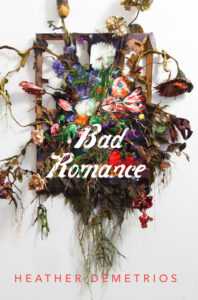


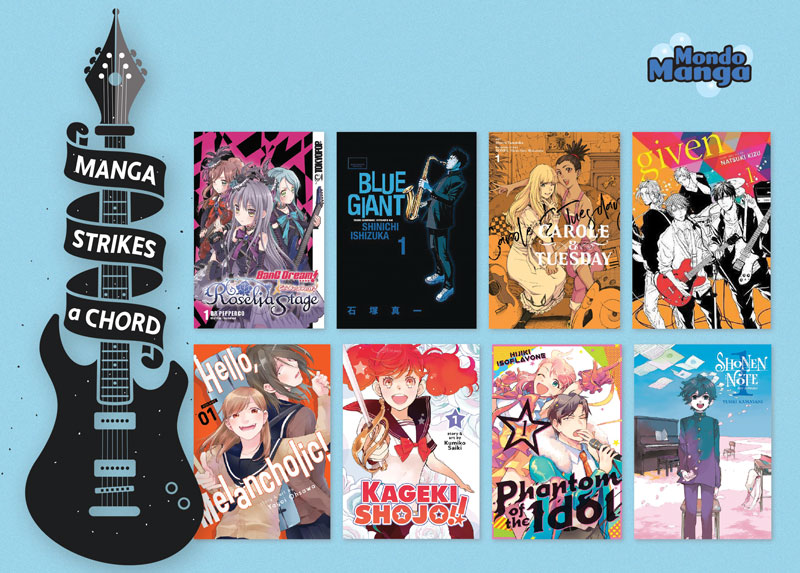
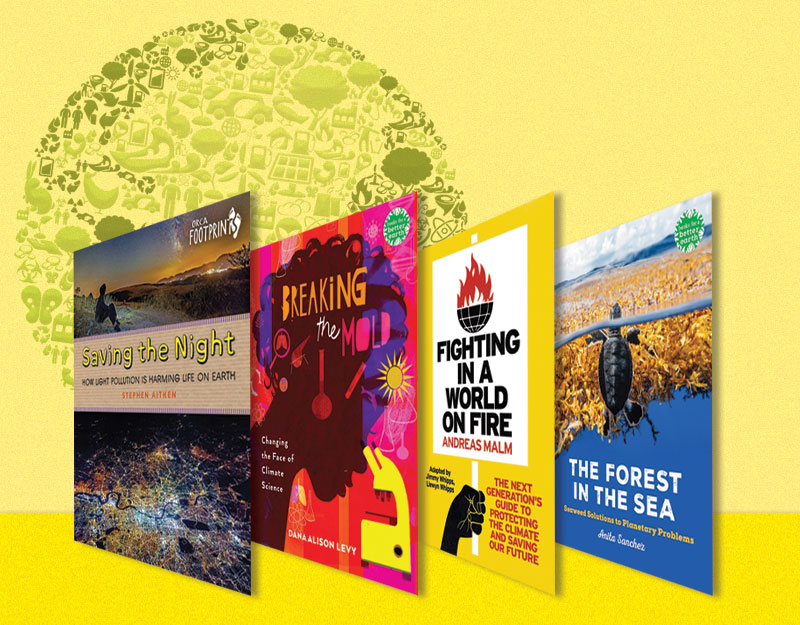
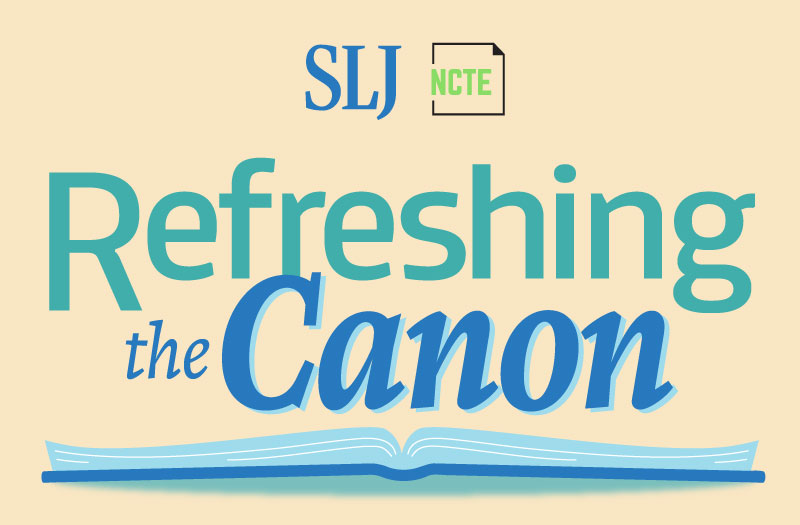
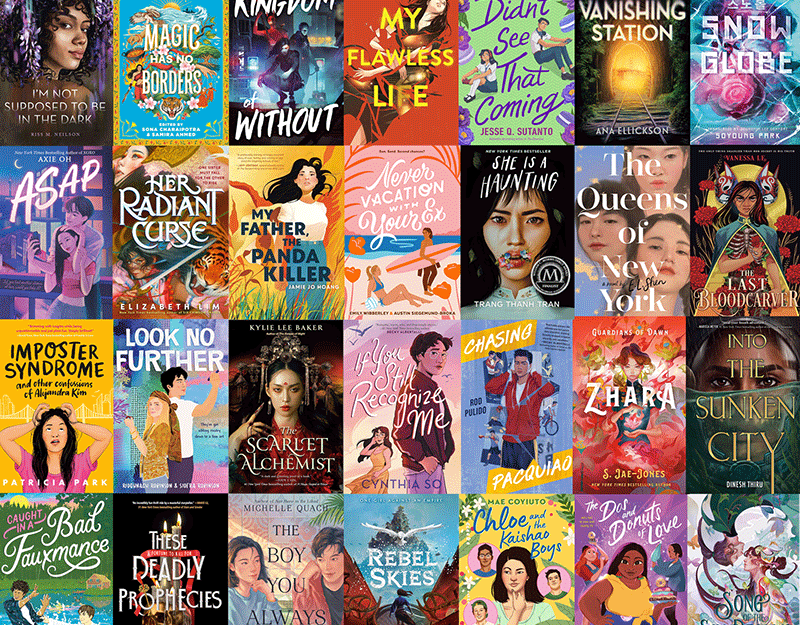
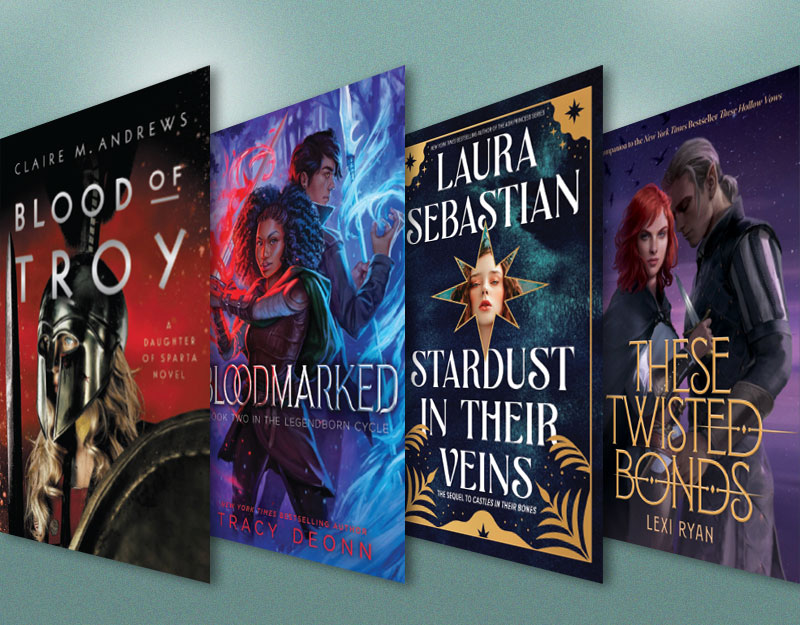
Hi Karen,
I was thinking of reading this book for sometime now.Thanks for your article.
Thank you for reading.
Karen
I appreciated your article. I read many of the texts beteen them, and for years, Michelle was nothing but supportive. Thousands of texts of support. Something changed, a psychiatrist who testified for her said the change in antidepressants impacted her. That is another serious issue, the dangers of some psychiatric medications for some people. She too, was not well, having been hospitalized for an eating disorder and engaging in self injury. Conrad Roy had attempted suicide, previously. This was a toxic relationship, with tremendous pain on both ends, and the message needs to be, to seek counseling from adults, and to be honest. This was a tragedy, with many layers.
Ellen,
Finding the right medication is very, very important. Thanks for your comment, it adds nuance to the discussion. And you’re right, it was a very toxic relationship.
Karen